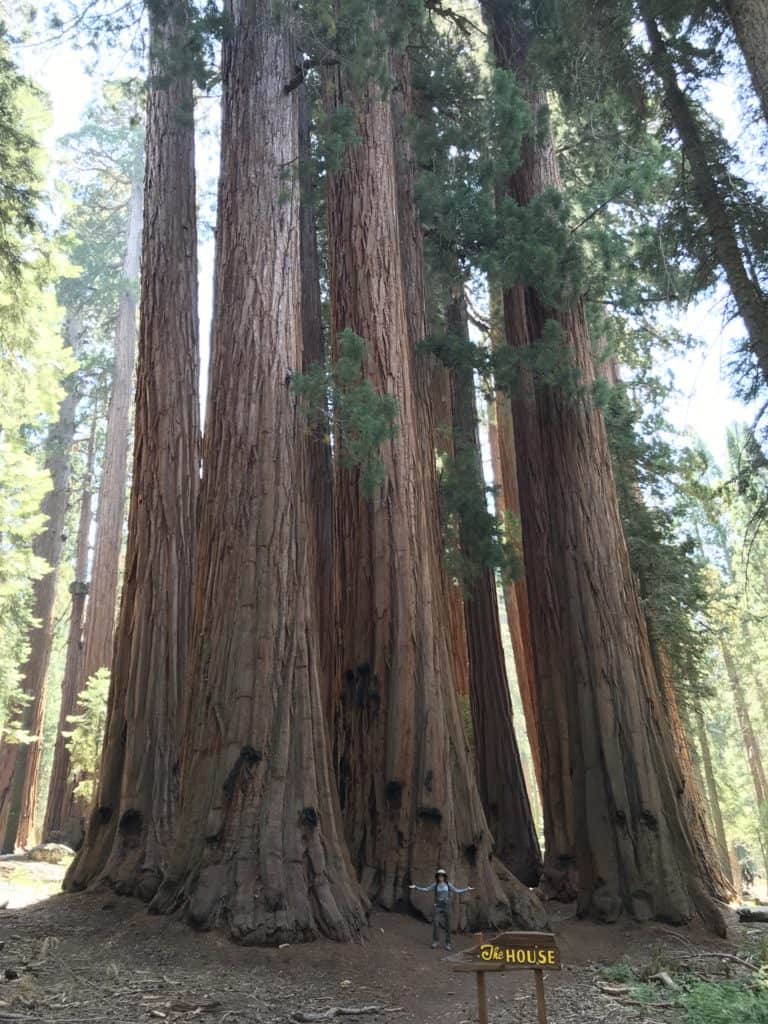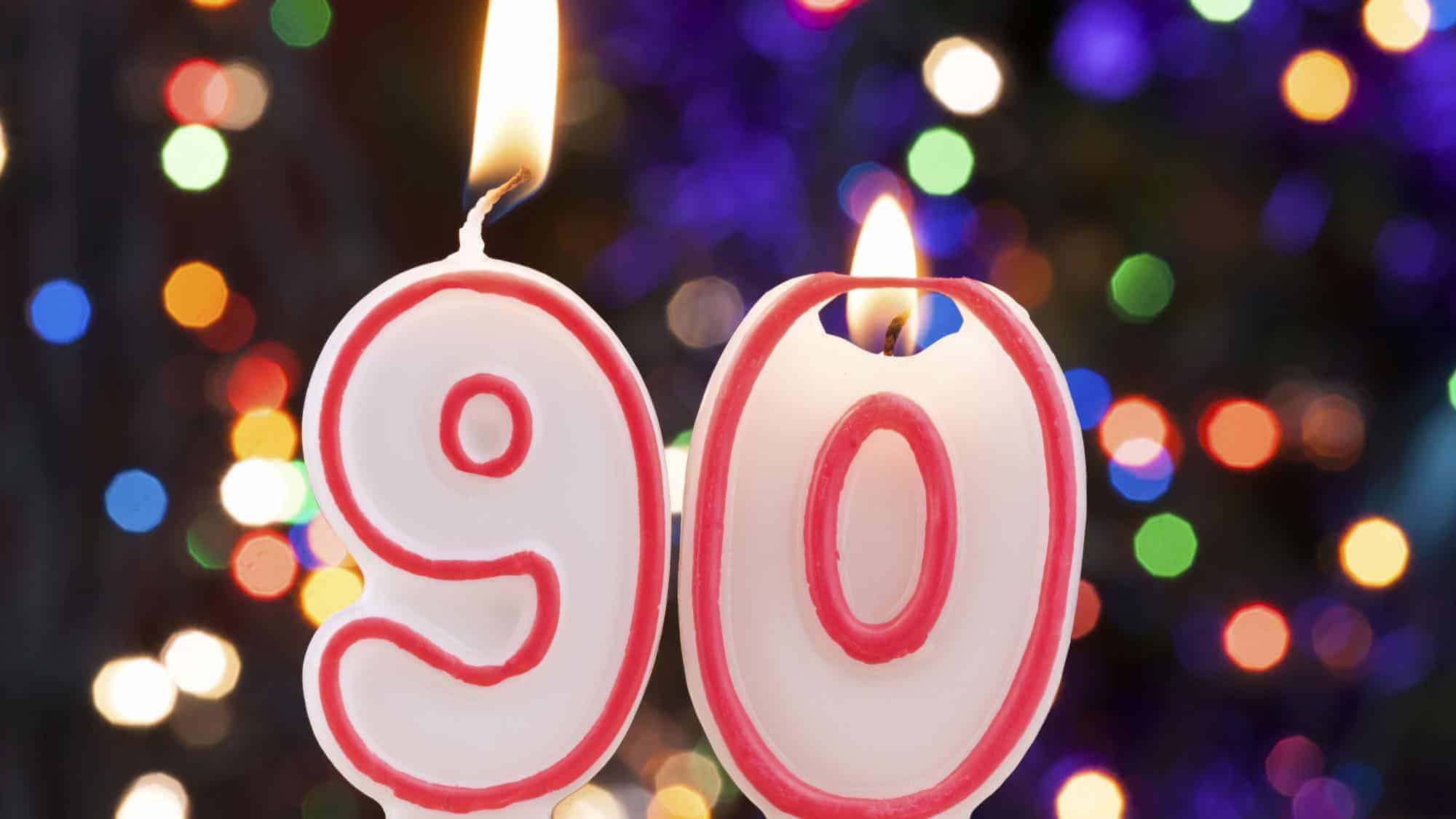3 Japanese Concepts to Enrich Your Life
The island of Okinawa in Japan is one of the longevity hot-spots of the world. That means it’s been identified as one of the five Blue Zones – areas where people live the longest and are the healthiest.
Several beautiful concepts that come from Japanese philosophy are life-enhancing. Some of them have become quite well known here in the West. As we age, it’s wonderful to learn new ideas that we can apply to our lives for further enhancement and well-being.
Let’s look at 3 such concepts.
Kintsugi: The Art of Golden Repair
Kin means gold and tsugi means to connect/join. When pottery is shattered, it is repaired with golden lacquer. The breaks are not disguised; rather, the fractures are highlighted with new beauty. There is a new appreciation as something broken is rebuilt, the new whole incorporating the shattered.
This is a wonderful teacher of resilience and rebuilding from loss and adversity in life. After going through pain or trauma, we don’t just throw our life away and call it quits. Rather, we rebuild – integrating the loss and pain and becoming able (with time and healing) to hold pain and joy together.
As we age, our mistakes, regrets, fault lines, scars, loss, and pain are all staring back at us. And there is beauty as well, as we know we’ve weathered many storms and have continued on, hopefully stronger and better. And if not, then we still have the chance to embrace our brokenness and rebuild and recreate something good with it.
We are the whole sum of all of our parts – broken and whole together in the tapestry of our life. It behooves us to make it as vibrant in color as possible.
Ikigai: Reason for Being
Iki means life and kai means worth/benefit. This is a very popular concept here in the West. It basically means our purpose in life, the benefit of our being here. And our purpose can change at different times in our lives and as we go through various life transitions, be they natural transitions or critical, painful adversities.
What are we doing here? What is our reason d’etre? What gets us up in the morning? During difficult times, what helps us put one foot in front of the other? As the German philosopher Nietzsche famously said, “He who has a Why to live can bear almost any How.”
When we connect with a purpose, and it can be a small one for something specific, we cope much better as well. For instance, I foster-raised a puppy for an organization that provides service dogs for people with disabilities.
After a couple of months, when the going got rough trying to adhere to the huge manual of instructions, I was ready to return him. In my ambivalence, I kept returning to the idea that I was doing this for a greater cause that had a lot of meaning for me and my family.
Staying connected to this thought and value enabled me to push through the hard times, and we successfully completed our 19 months of raising and training him. He actually went on to pass his tests and live out his mission – servicing a boy with cerebral palsy in another state.
A strong sense of purpose is found to be huge in living good lives. When we stay focused on what’s important to us, what truly matters, what we value, what we find fulfilling and meaningful, we increase our quality of life which improves our overall health. We are calmer, more engaged, find more joy in living, and the list goes on.
Shinrin Yoku: Forest Bathing
Shinrin means forest and yoku means bath – bathing in the full experience of the forest. It’s not exercising; it’s simply being in nature and allowing ourselves to be truly immersed in it without any other distractions, utilizing all of our senses.
We all know how relaxing it can be to be outside in a garden, in a park, by water; nature is restorative, healing, and nourishing. It’s also expansive and provides us with a larger perspective beyond ourselves.

It’s a form of nature therapy which has been researched to show that it reduces cortisol (stress hormone) levels, enhances mood (making it an antidote to depression), and is overall good for our health and wellbeing.
Spending time in the woods, standing amidst the hugeness of trees, is a gift we can all give ourselves. This is the natural beauty we’ve been bestowed. Life gives us lots of challenges and difficulties but this – nature therapy – is a salve of the soul.
Let’s Have a Conversation:
What soothes your soul? How have you felt broken and then felt whole again, healed, and put back together albeit in a new way? What purpose do you wake up to? What provides you with meaning to carry on? Please share with our sisters and let’s have a conversation.







I love these articles that show us there’s more than prescriptions to fix our lives. Bravo! Thank you!
Hi Joan, I like that – “more than prescriptions to fix our lives.” I’d like to change the word, ‘fix’ to ‘manage’. We never really fix our lives but rather we work on managing in our best way possible, at each stage/phase of our lives. Thank you, Joan, for adding this here.
Being with nature is my church. When I feel sad and need cleansing I go to a river or creek and will say out loud my sorrows and can feel the running water wash away my tears and sadness. Still water doesn’t have the same affect.
Hi Lucie, So beautiful! Water is so soothing, especially, as you say, running water; and for me the sound of the ocean waves. Thank you for sharing this.
The sound of waves is music to my ears but it doesn’t wash away sadness like running water. I grew up walking distance to Nepesiquit River and the Ocean in New Brunswick Canada. Now I live in the Shuswap Lake BC.
Love these three perspectives, they are such good reminders. I’ve enjoyed reading these books: Ikigai: The Japanese Secret to a Long and Happy Life and Kintsugi Wellness: The Japanese Art of Nourishing Mind, Body, and Soul. I’ve learned so much about calm and mindfulness from Asian philosophies. Another great resource is The Atlas of Happiness: The Global Secrets of How to Be Happy to explore additional philosophies of contented living from around the world. Thanks for a great post!
Hi Gaili, Thank you so much for sharing these books. I’m making a note of all of them as I’m a big reader and lover of non-fiction.
Kintsugi – a beautiful concept of taking the faults, breaks and blemishes and not covering them or trying to disguise them, but making them into something that is beautiful and shines. A great life lesson to learn from our mistakes and not hide them but show them in a new light.
Thank you for sharing this concept.
Hi Marilyn, Love your words here; and the idea of learning from our mistakes and ‘showing them in a new light’, which yields growth and change.
tried to take survey but only selections showed up. not the questions.
Hi Shirl,
Please try again, all sections should be visible.
Thank you!